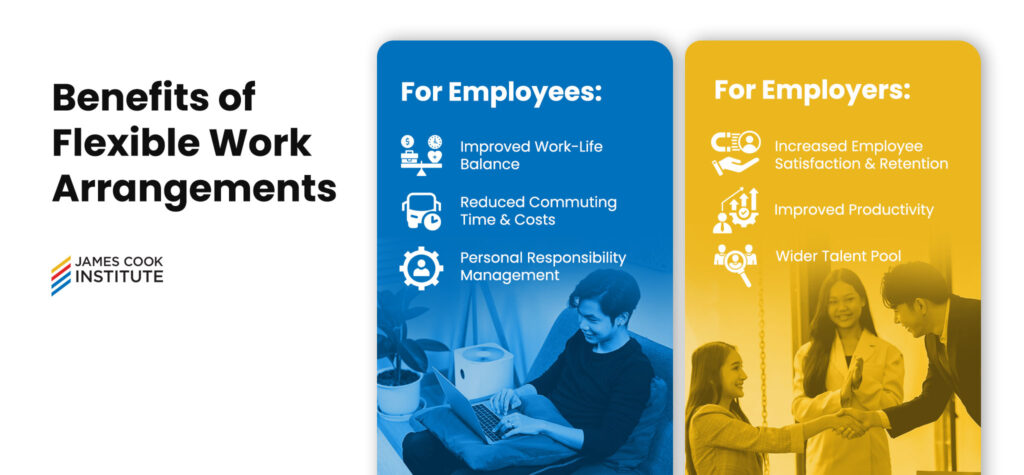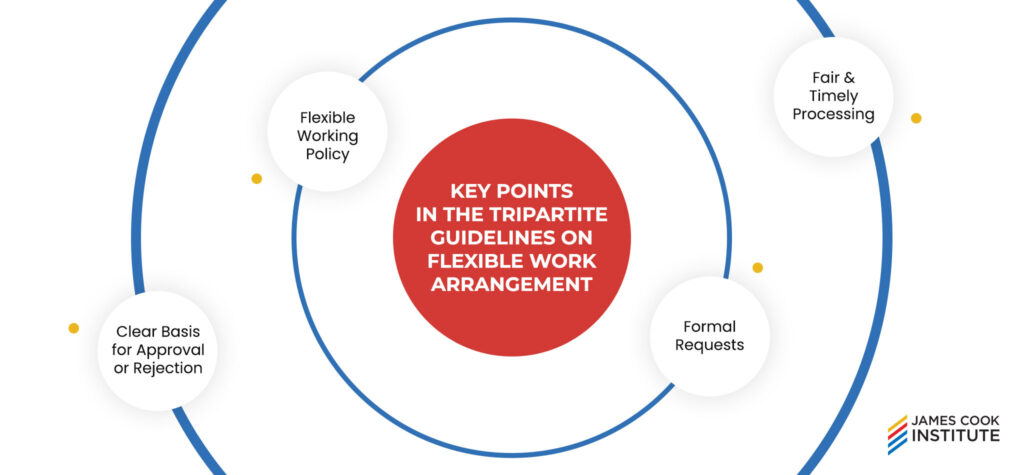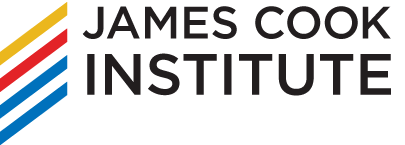Key Takeways:
- New FWA guidelines by the Tripartite Workgroup take effect on December 1, 2024.
- FWAs include Flexi-Time (staggered hours, compressed weeks), Flexi-Place (remote work), and Flexi-Load (part-time, job sharing).
- Employees gain work-life balance and reduced commuting, while employers see higher satisfaction, retention, and productivity.
- Employees must submit formal requests and employers must process them fairly and promptly, with clear communication on decisions.
Flexible Work Arrangements (FWAs) are not just a trend but a crucial aspect of today’s dynamic work environment. The rise of remote work during the pandemic has only underscored their importance, and many organisations in Singapore have recognised the benefits of offering flexibility to their employees.
On April 16, 2024, the Tripartite Workgroup (TWG) announced new guidelines on Flexible Work Arrangement Requests (FWAs), which will be implemented on December 1, 2024. These guidelines reflect the growing interest in FWAs and their role in enhancing work-life balance and productivity. It outlines the roles and responsibilities of employees and employers in FWAs.
Employers still have the final say on work arrangements, but the new guidelines, developed by the Tripartite Working Group (TWG), make it easier for employees to request flexible working options.
In this must-have guide, we’ll discuss the key elements of flexible working arrangements, its benefits, and how business owners and HR professionals can implement effective FWA policies according to the TWG guidelines.
What are Flexible Work Arrangements (FWAs)?
Flexible Work Arrangements (FWAs) are work options that allow employees to vary their work schedule, location, or workload. They are designed to provide greater flexibility to meet personal and professional needs.
There are several types of FWAs:
- Flexi-Time: This includes staggered hours, where employees have flexible start and end times, and shortened workweeks, where employees work longer hours over fewer days.
- Flexi-Place: This involves remote work or telecommuting, wherein employees can work from locations other than the traditional office.
- Flexi-Load: This includes part-time work and job sharing–for instance, when two workers share the responsibilities equivalent to one full-time position.
For employers, it’s vital to master these guidelines and effectively implement workplace policies throughout the organisation come the deadline in December. If you’re a business owner, manager, or HR professional, our Flexiwork Arrangement course can equip you with the skills to ensure your organisation is compliant with the new FWA guidelines.
Benefits of FWAs
FWAs bring a host of benefits to both employees and employers. Employees are offered improved work-life balance, reduced commuting time and costs, and the ability to manage personal responsibilities more effectively.
For employers, FWAs can increase employee satisfaction and retention, improve productivity, and provide access to a broader talent pool, fostering a culture of shared success and collaboration.

Understanding the New FWA Guidelines
The Tripartite Guidelines on Flexible Work Arrangement Requests (TG-FWAR) set clear procedures and obligations for employees and employers.
Key points from the guidelines include:
- Flexible Working Policy: The guidelines encourage employers to come up with a flexible working policy covering types of FWAs, job roles suited for FWAs, expectations from employees, and the like.
- Formal Requests: Employees must check if their organisation has a request process in place. Otherwise, they can submit a formal FWA request using the process outlined in the guidelines.
- Fair and Timely Processing: Employers are required to process these requests fairly and within a reasonable timeframe. This ensures transparency and consistency in decision-making.
- Clear Basis for Approval or Rejection: Employers must provide clear and objective grounds for either approving or rejecting FWA requests. Reasons must be communicated to employees, ensuring they understand the rationale behind the decision. Alternatives should also be discussed in case the FWA request is rejected.

Flexible Work Arrangements are essential in the modern workplace, providing numerous benefits for both employees and employers. As the implementation date for the new guidelines approaches, organisations must understand and prepare for these changes. Embracing FWAs can lead to a more motivated, productive, and satisfied workforce.
Ready to implement Flexible Work Arrangements in your organisation? Enrol in our Flexiwork Arrangement course for more in-depth discussions of the guidelines and how you can prepare. This course is designed to equip HR professionals and managers with the essential knowledge and practical guidance needed to implement FWAs effectively. Gain the tools and insights necessary to manage FWAs, ensuring a smooth transition and fostering a more flexible and productive work environment.
Frequently Asked Questions
Q: What are the new guidelines on Flexible Work Arrangements?
A: The new guidelines, effective from December 1, 2024, require formal written requests from employees for FWAs and obligate employers to process these requests fairly and timely.
Q: What types of Flexible Work Arrangements are available?
A: FWAs include Flexi-Time (staggered hours, compressed workweek), Flexi-Place (remote work, telecommuting), and Flexi-Load (part-time work, job sharing).
Q: How do FWAs benefit employees and employers?
A: Employees benefit from improved work-life balance and reduced commuting time, while employers see increased employee satisfaction, retention, and productivity.
Q: How should employees submit a request for FWAs?
A: Employees should submit a formal written request detailing their proposed arrangement and how it meets both personal and business needs.
Q: What should employers consider when processing FWA requests?
A: Employers should process requests fairly, within a reasonable timeframe, and provide clear grounds for approval or rejection.
Q: How can our course help in implementing FWAs?
A: Our Flexiwork Arrangement course provides HR professionals and managers with the knowledge and practical guidance needed to manage and implement FWAs effectively, ensuring a smooth transition and fostering a productive work environment.
Ready to enhance your job skills and prepare for the future of work? Learn more about our Flexiwork Arrangement course today!




